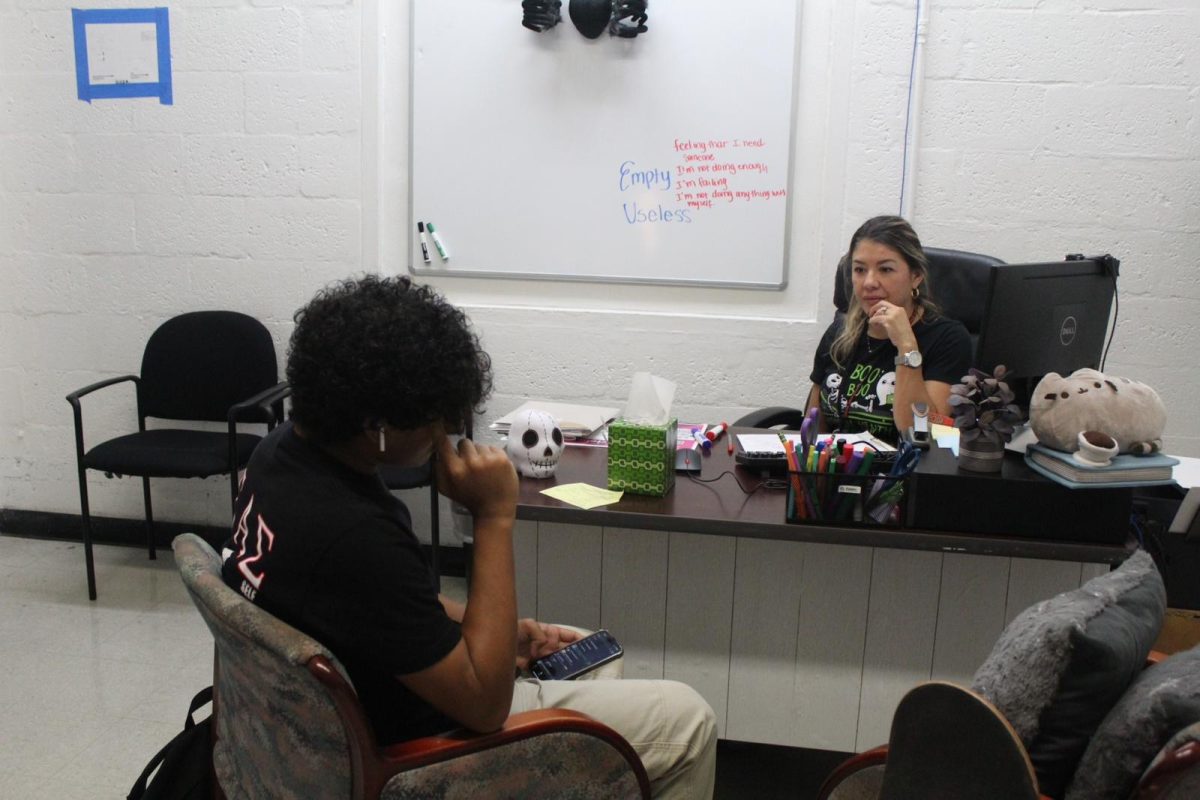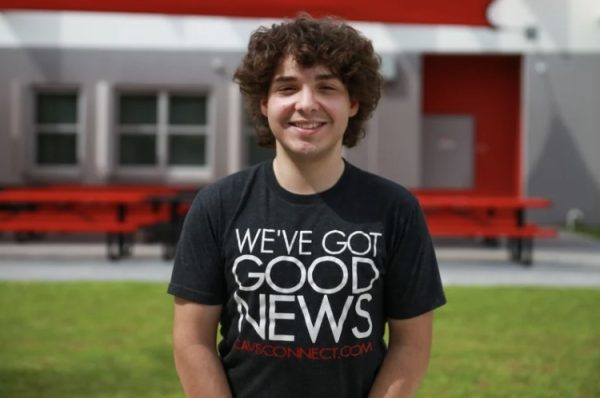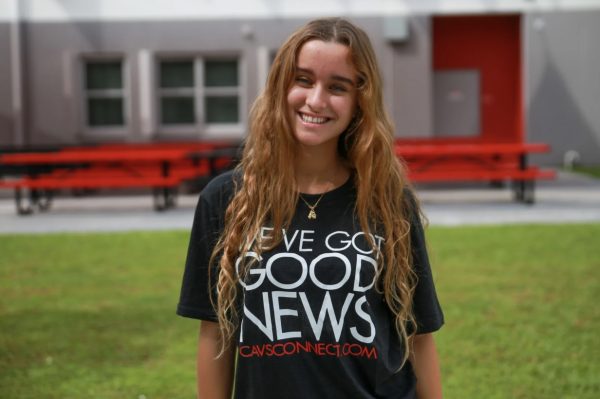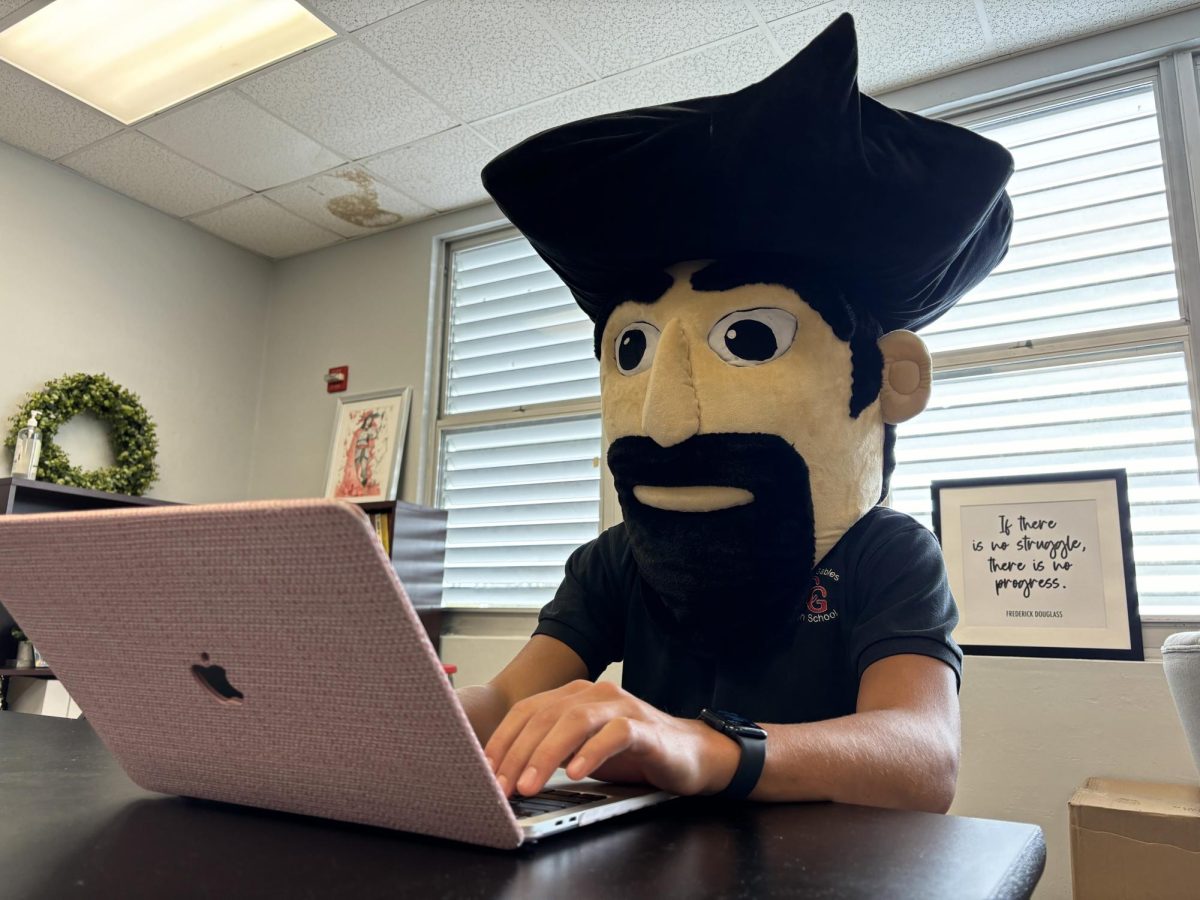In a world that measures success by test scores and grades, it is easy to forget the most critical part of education – emotional well-being. In recent years, the conversation around the mental health in academia has gained momentum, but there is still a long way to go in order to fully address the issue. Schools have a responsibility to respond to this growing epidemic in a multitude of ways to efficiently provide the support which their students need to succeed.
When examining the dangers towards mental health of students in schools, the most frequent source of pressure which students face arises from stress due to workload. Coral Gables Senior High is no stranger to this topic, providing rigorous magnet classes such as the International Baccalaureate and Academy of Finance programs. While these programs do provide students with the chance to learn at an advanced pace, they should also have the opportunity to step back and focus on their own emotional stability.
“There’s so much pressure on students to do well, and sometimes we don’t even realize we’re struggling mentally until it gets overwhelming. Having mental health support at school means that even if I’m not directly using the resources all the time, I know they’re there, and that makes everything easier,” senior Levi Perez said.
To address the mental effect of workload, schools like Gables must provide increased support for activities that offer relief from the academic pressures that plague their students. For instance, Interact hosts their Heel to Heal events after school, bringing in therapy dogs for students to spend time with. These events allow students to escape from their hectic schedules, as interacting with therapy dogs known to calm anxiety and promote relaxation. This simple yet effective approach illustrates how high schools can support mental health in practical, accessible ways. By supporting these events, schools can help students decompress and take a break from the constant demands of academia.
“It’s amazing how just spending a few minutes with the therapy dogs can lift everyone’s spirits. With all the stress from exams and projects, it’s nice to have a chance to just relax and feel like everything’s okay for a little while,” senior Taronish Unwalla said.
With that being said, schools should not solely rely on these temporary events to sustain the mental health of their students. Mental health needs to become an ongoing priority, embedded into the culture of modern education. Students should feel encouraged to seek help without fear or judgment. By continuously providing resources and reducing stigma, schools can create an environment where emotional health is valued.
Furthermore, students need access to mental health education to better understand and manage their emotions. Awareness is the first step toward reducing stigma surrounding mental health, and Gables is already playing an active role in fostering that understanding. The Health Information Project has embraced this role by providing educational sessions on mental well-being to the freshman at Gables. In addition, on Oct. 18, HIP held an orientation for new Peer Health Educators, empowering students to be resources for their peers. These trained students not only share helpful information but also serve as relatable figures that others can approach in difficult circumstances, taking an important step in aiding students in balancing their emotions.
“Mental health is one of the most important parts of being a student, especially during high school. That’s why I think HIP is so important: it allows students to talk to other students about their own issues and provide help to those who need it. Seeing that sort of communication from their peers really lowers judgement and shows students that it’s okay to express their emotions,” senior Andrea Rotondaro said.
However, education and events are not enough if students do not have consistent access to professional mental health support. Having a counselor available at school sends a strong message that mental health matters. The recent addition of Ms. Ramirez as Gables’ mental health counselor is a positive step forward. Her presence signals the growing importance of addressing the emotional issues which affect students on and off school grounds.
“Having a counselor on campus is reassuring. Even though I haven’t needed to talk to Ms. Ramirez yet, it’s good to know there’s someone I can go to if things ever get overwhelming,” senior Lily Goron said.
Despite these positive steps, there is still much work to be done. It is not enough for schools to offer occasional therapy sessions or a counselor who may not be widely available. Mental health needs to be woven into the fabric of school culture, ensuring that students feel supported every day. Many students still struggle with the stigma surrounding mental health, feeling hesitant to seek help for fear of judgment. Schools need to actively work to break down these barriers create an environment where seeking help is not seen as a weakness, but as a responsible action. By doing so, schools can ensure that students are not only academically prepared, but also emotionally strong enough to face the challenges of the future.











